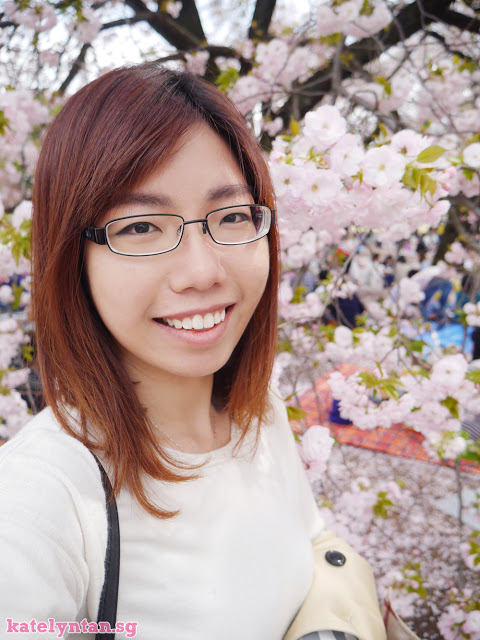
IDS Skincare
What are the top three causes of adult acne?
There is no special cause for ‘adult’ acne - ALL acne is caused by overactive oil-gland activity, inflammation and blockage of pores by dead skin and oil - this, in turn, is directly and indirectly due to hormonal upsets and other causes such as genetics, environmental factors and even diet.
How can I identify the breakouts I’m having from the type of pimples I see?
These are suggestions that the type of breakout and the location or pattern reflects the cause. This is a myth as there are no proven clinical studies to substantiate this.
When should I see a professional about my breakouts? And what kind of treatments can I expect at the clinic?
Any breakout that bothers you, should be treated. All breakouts will recover but the danger is that it may leave long-standing marks, hyperpigmentation or permanent damage to the skin and scarring.
Medical treatments include topical skincare products, oral medication and procedures such as chemical peels and lasers, used individually or in combination.
To target breakouts, what products should I introduce into my daily skincare regime?
Acne product protocols may be used individually or in combination and depend very much on how they are formulated. A combination of products may be preferred as the products can be customized to individual needs, omitting or adding products when necessary, rather than a single one-fit-all product.
What kind of products should I look for if I want to treat my breakouts?
There are various topical options including antibiotics, retinoids, benzoyl peroxide, and oral medication such as antibiotics, isotretinoin, and oral contraceptives. IDS has a range of topical products formulated with compounds to treat acne. It is advised to consult a doctor on customizing a skincare regime and provide dietary recommendations.
Dr Ben shares some insights on how dietary restrictions and lifestyle changes may affect acne.
Do dietary restrictions help me to control my acne?
Some studies have reported a weak association between the high intake of milk and acne breakouts. It has been hypothesized that certain hormones present in the milk are the cause of the acne. This association is controversial as the clinical evidence for this is still weak.
Increased sugar load has also been associated with increased acne. Again, the clinical evidence is weak and inconclusive. Refined sugars have been linked to weight gain, increased inflammation in tissues and an increase in insulin-like growth hormones. These hormones can increase the oil glands activity in the skin.
There is also the assumption that increased chocolate consumption is linked to increased acne severity. This has yet to be proven by clinical studies.
In general, I do not recommend food restrictions for my acne patients. A balanced and healthy diet is always recommended.
What are the behavioral and lifestyle changes should I make?
Stressors in life have been proposed to aggravate acne. Some studies have shown the association between increased stress and acne severity. The hypothesis that increased stress causes increased sebum production in the skin has yet to be proven. Therefore, my advice would be regular exercise, meditation, and ample rest.
Studies to evaluate the relationship between weight gain and acne severity have varying results. An Israeli study showed that being overweight seemed to protect one against acne. Another study involving young subjects showed the opposite effect. Exceeding a BMI (body mass index) of 23 is associated with an increased risk to the physical and psychological health. Therefore, I would still recommend weight reduction and a healthy lifestyle.
Certain hair and oily skincare products can result in blocked pores and cause blackheads and whiteheads in acne-prone patients. If this happens, I advise patients to reduce the frequency of applying these products.
Regular extraction of comedones during facials are allowed provided the acne is not red, tender, or swollen. Positive, downward pressure on inflamed lesions can further rupture the follicular contents and cause the oil and keratin to extravasate into the surrounding skin and cause more inflammation and possible scarring.
Book an appointment for consultation here!




